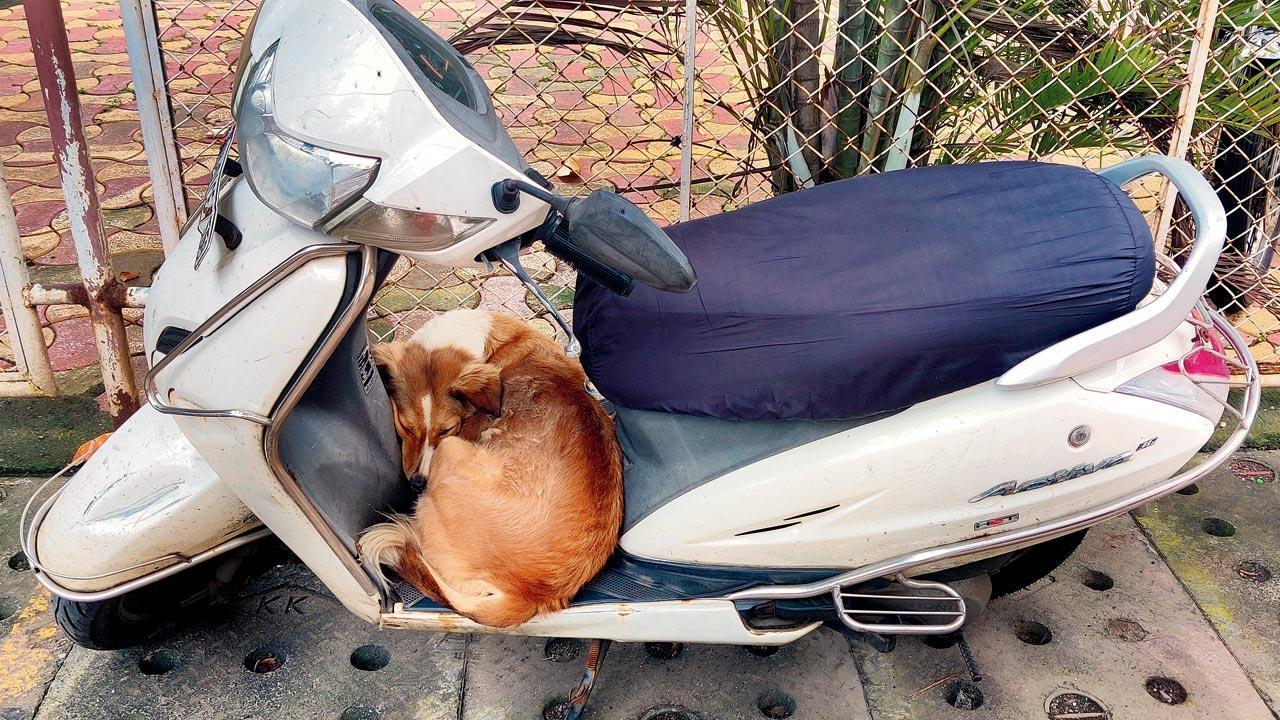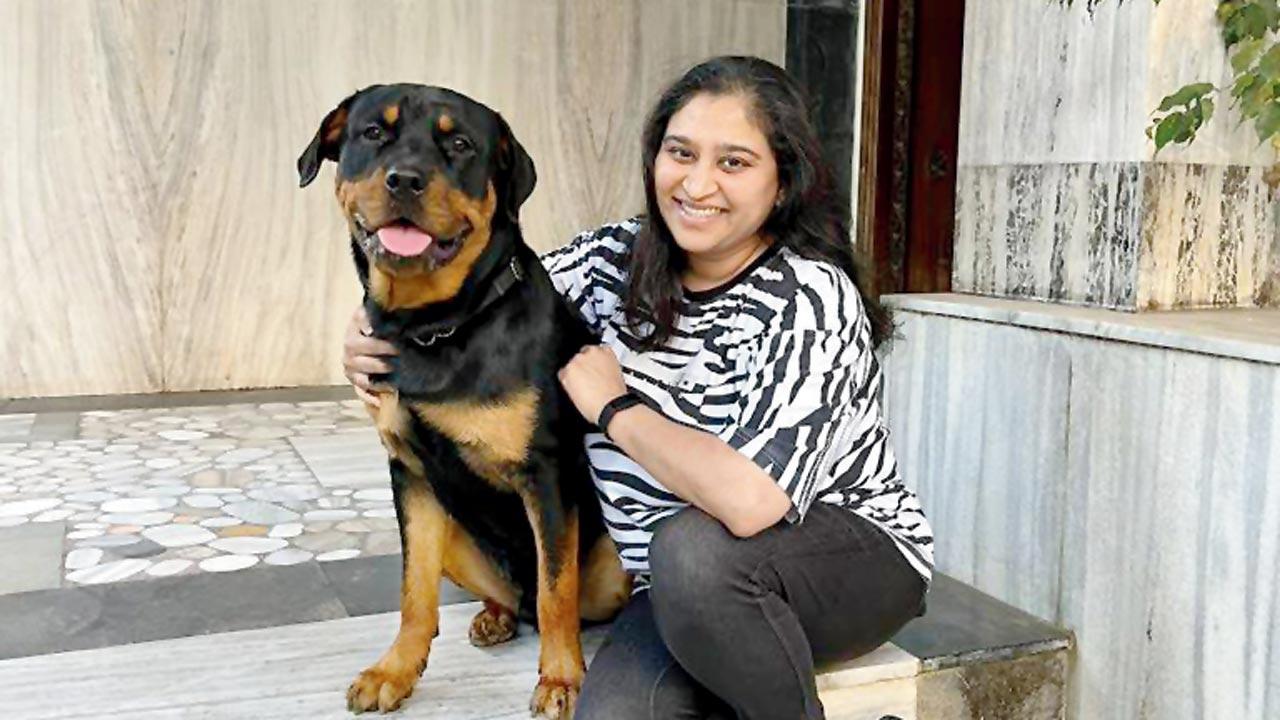A line from Shakespeare’s King Lear may have resounded through decades, but as kids continue hurting animals just for fun or because of personal trauma, stringent action has been called for lest it makes more violent adults

Stray animals live around us unharmingly, but are always in danger of being harmed by animal abusers, who take their issues out on whoever is available to them. Pic/Nimesh Dave
Life might have already left the petrified cat’s body when she was on the verge of drowning in the water tank of a Mumbai-based housing society at the hands of a 15-year-old girl. Fortunately, the cat was saved when a security guard of the building reached the spot in the nick of time; or there would have been blood on her hands. The incident raised an alarm in the building and the teenager was given the nickname “psycho”, Seema Hingorrany, a clinical psychologist tells us.
ADVERTISEMENT
But the thought of killing the cat was not the girl’s first instinct. It developed gradually. Once she hit a cat for fun while playing with it, and it felt surprisingly satisfying. From then on it became her coping mechanism. Hingorrany says her parents knew of their child’s behaviour, but thought there was nothing unusual about it. But her actions only got severe. “People normalise it when a child pelts stones or hits an animal, but often there is a reason behind such actions, mostly trauma,‘’ says Hingorrany adding, “if we don’t address the reasons, the actions become harsher”.
 Kalpaja Kamdar
Kalpaja Kamdar
The teenager’s treatment revealed that she lived with controlling parents, was abused and did not get space to grow. The abuse was to such an extent that when the cat she had hit, bit her back in defence, the girl felt no sensation. It was the only way for her to control something. “She is 18 now and under therapy. Sometimes she gets the urge to hit animals but is able to control it,” Hingorrany adds.
This is not the only case. Recently, in Delhi a pregnant female dog was horrifyingly beaten to death by four school students. They even recorded a video while dragging its dead body around the park. According to a report by the Federation of Indian Animal Protection Organisation (FIAPRO) published in 2021, more than four lakh cases of animal cruelty have been reported in the last 10 years.
 Seema Hingorrany
Seema Hingorrany
But why do people want to hurt animals? Hingorrany who specialises in traumatic behaviour says that there are four main reasons for such an abuse: untreated childhood trauma, feeling revenge for an animal, negative attitude of parents towards animals, or a sense of empowerment in hurting. “When a case falls in either or more of these categories, they can resort to abuse in any form, but they often choose animals because they can’t speak or retaliate. Cases of sexual abuse against animals only occur when people themselves have been victim to child abuse and they look for intimacy,” she says.
Agrees Sachin Bangera, vice president of public relations at People for the Ethical treatment of animals (PETA) India. “Research shows that people who commit acts of cruelty on animals often hurt other animals, children, women or other (powerless) people. These people are five times more likely to commit violent crimes against humans. Animal abusers are a danger to everyone—they take their issues out on whoever is available to them, human or non-human, and must be stopped before they act again,” he says.
 Sachin Kamdar
Sachin Kamdar
Hingorrany says when it’s a child, communication is key. “One should make an effort and talk to them for at least five minutes and try to understand the reason. If they can’t talk, then one must bring it to the attention of their parents or guardian and explain.”
Even though animal abuse cases are increasing, animal activists say much of the action is evasive. “Getting a police complaint lodged is itself an uphill task. Even fewer complaints reach court and if they do, after a long legal tussle the punishment is just a maximum of three months prison time or a fine of Rs 50-Rs 100,” says Kalpaja Kamdar, a dog-trainer and a lawyer. “Prevention of Cruelty Against Animal Act (PCA) came about in 1960 and the punishments have not been revised since then,” she adds.
Kamdar advises making a video of an incident of abuse as proof. “Animal abuse is not a priority for the police so they refrain from registering a case. In that case, calling animal rights NGO is best for handling the situation.”
The worrying state of PCA Act is the death knell in India’s animal cruelty cases, but little is being heard. “The Act needs amendments to include stringent punishments as deterrents to animal abusers. PETA India has for long been urging the government to increase current penalties for animal cruelty but action is still awaited,” says Bangera.
 Subscribe today by clicking the link and stay updated with the latest news!" Click here!
Subscribe today by clicking the link and stay updated with the latest news!" Click here!







